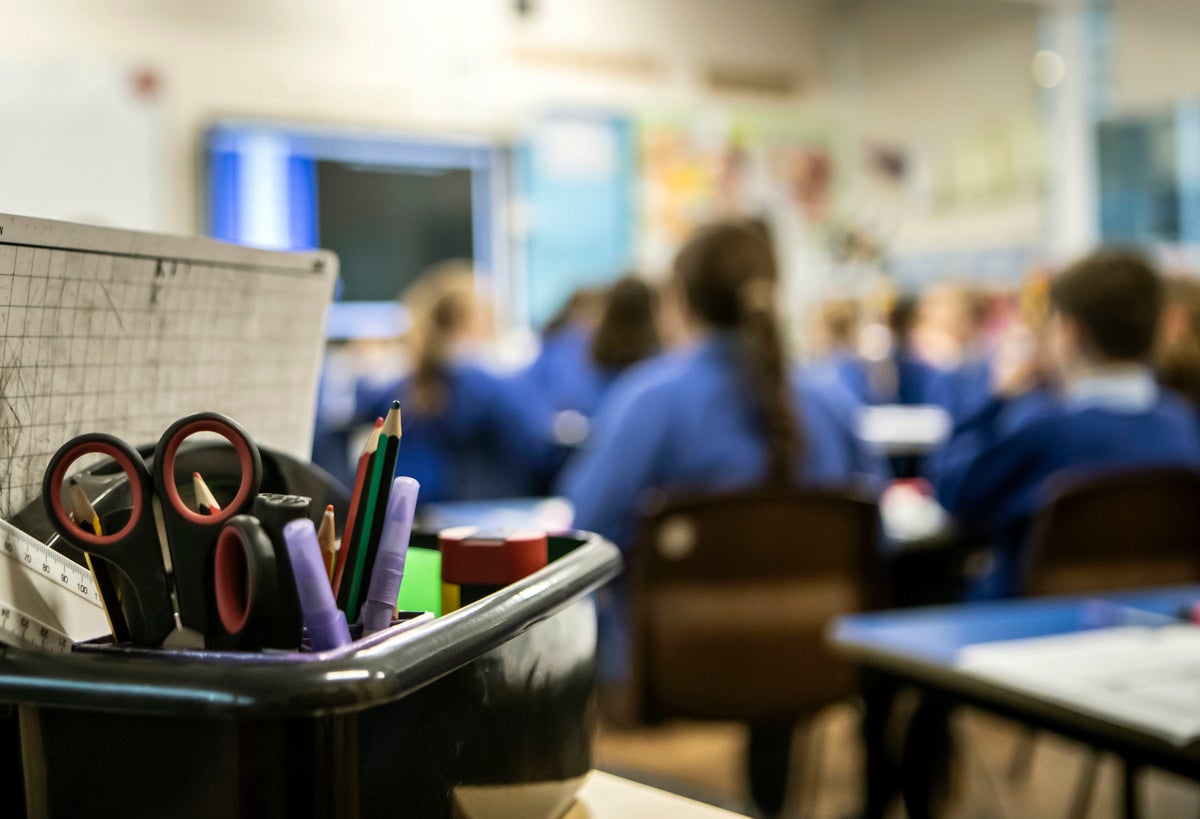
Two former Tory education secretaries have urged the next prime minister to ease cost of living pressures on schools as many warn they will struggle to pay bills.
The Guardian reports that without extra funding to help counter growing wage and energy bills and the burgeoning rate of inflation, headteachers have warned of redundancies, bigger class sizes and cuts to the curriculum.
Justine Greening, who was education secretary when Theresa May was prime minister, said schools were facing an “education double-hit” after the disruption caused by the Covid pandemic, while Kenneth Baker, who was education secretary from 1986 to 1989, said educators were heading into a “really ghastly two-year period” without extra help.
“Education has to be at the heart of the new government’s levelling up strategy, whoever is running it, so the pressures on school budgets can’t be ignored,” Ms Greening said.
Lord Baker said Tory leadership candidates Liz Truss and Rishi Sunak had largely ignored the education service during the race to get to No 10 with the focus instead centring on the NHS.
“I think the new education secretary will have to go back and ask for more money, which they probably won’t get, so there’s going to be a huge pressure on schools. Some schools are bound to go in the red. It’s going to be a very critical year and a huge amount of trouble is going to be caused in the education system,” The Guardian reports.
School leaders warned they would be forced to make a range of cuts from turning down the heating in schools to halting the further rollout of devices to students.
Richard Sheriff, the chief executive officer of the Red Kite Learning Trust of 13 schools in north and west Yorkshire, told The Guardian that, over the course of his 20 years in the profession, he had “never before been faced with such a shock to our budgets”.
Vic Goddard, CEO at Passmores Cooperative Learning Community – a trust made up of four schools in Harlow, Essex – described the situation to the newspaper as “heartbreaking” as his trust faces shortfalls of nearly £500,000 for the 2022-23 academic year.
In order to meet this year’s additional costs, Mr Goddard said that the trust had already been forced to halt new staff appointments and stop any purchases of new textbooks or classroom PC replacements, unless “absolutely vital”, among an extensive list of other money-saving measures.
Meanwhile, Sean Maher, headteacher at Richard Challoner school in Kingston, said he would likely need to break into funds saved for planned building projects and look into staff redundancies to cover the “£150,000 in excess”.
Mr Maher’s “biggest worry”, however, was the increasing cost of food, which has now compelled him to consider “increasing the cost of a lunch from £3.80 to £4.50”. He also did not dismiss the idea that children might have to wear more clothes in the classroom just to stay warm.
“How can it come to that in this country? Where we would be asking children to wear coats and gloves in the classroom because we can’t afford the heating?” Mr Maher told The Guardian.
“But it will happen. In schools up and down the country teachers will turn round and say: ‘Keep your coat on – we won’t put on the heating until the end of November.’”
Headteachers across the board have also said that agency staff are being cut, while site opening hours are reduced.
Permanent staff and students are also bearing the brunt of the struggle for schools to make ends meet, with many being encouraged to switch off appliances where possible and to turn the heating down a couple of degrees.
Matthew Shanks, the executive principal and chief executive officer of Education South West, which covers multiple academies in Devon, said his trust was facing a 285 per cent increase in energy costs.
“We are meeting this initially from reserves. But these reserves will disappear quickly and spending them on this ultimately means we cannot use them to provide the additional support needed for children in the classroom,” he told The Guardian.
“Add this increase to the unfunded increase in pay and there will not be sufficient funding to operate as we currently do in the future unless we make cuts.”







